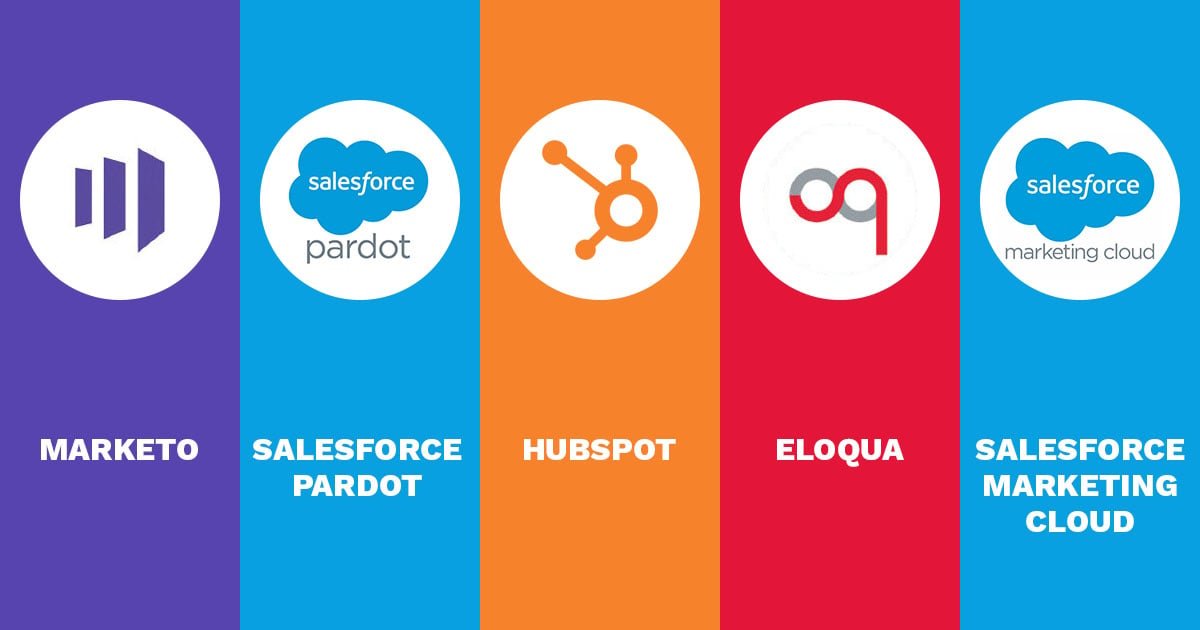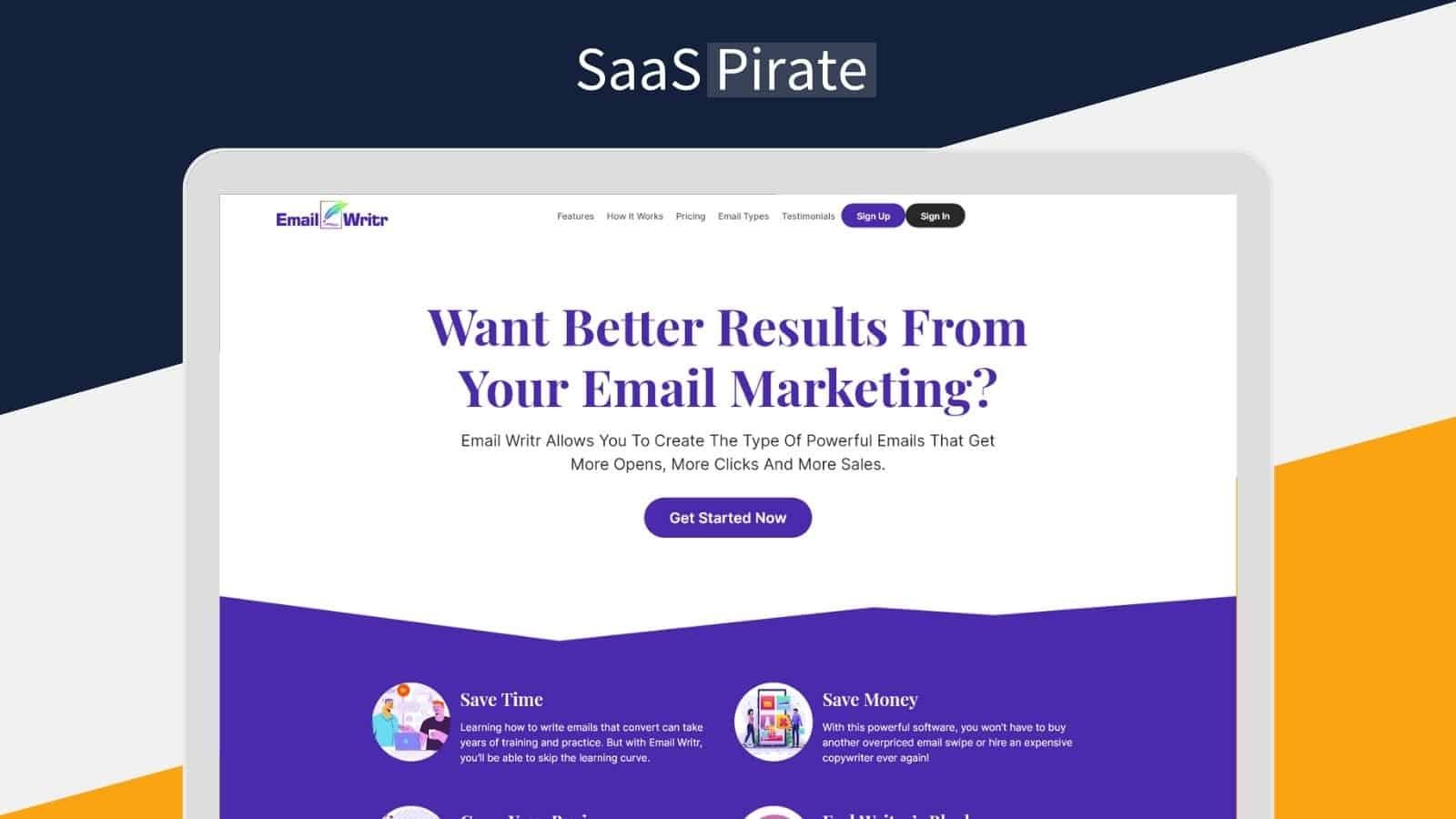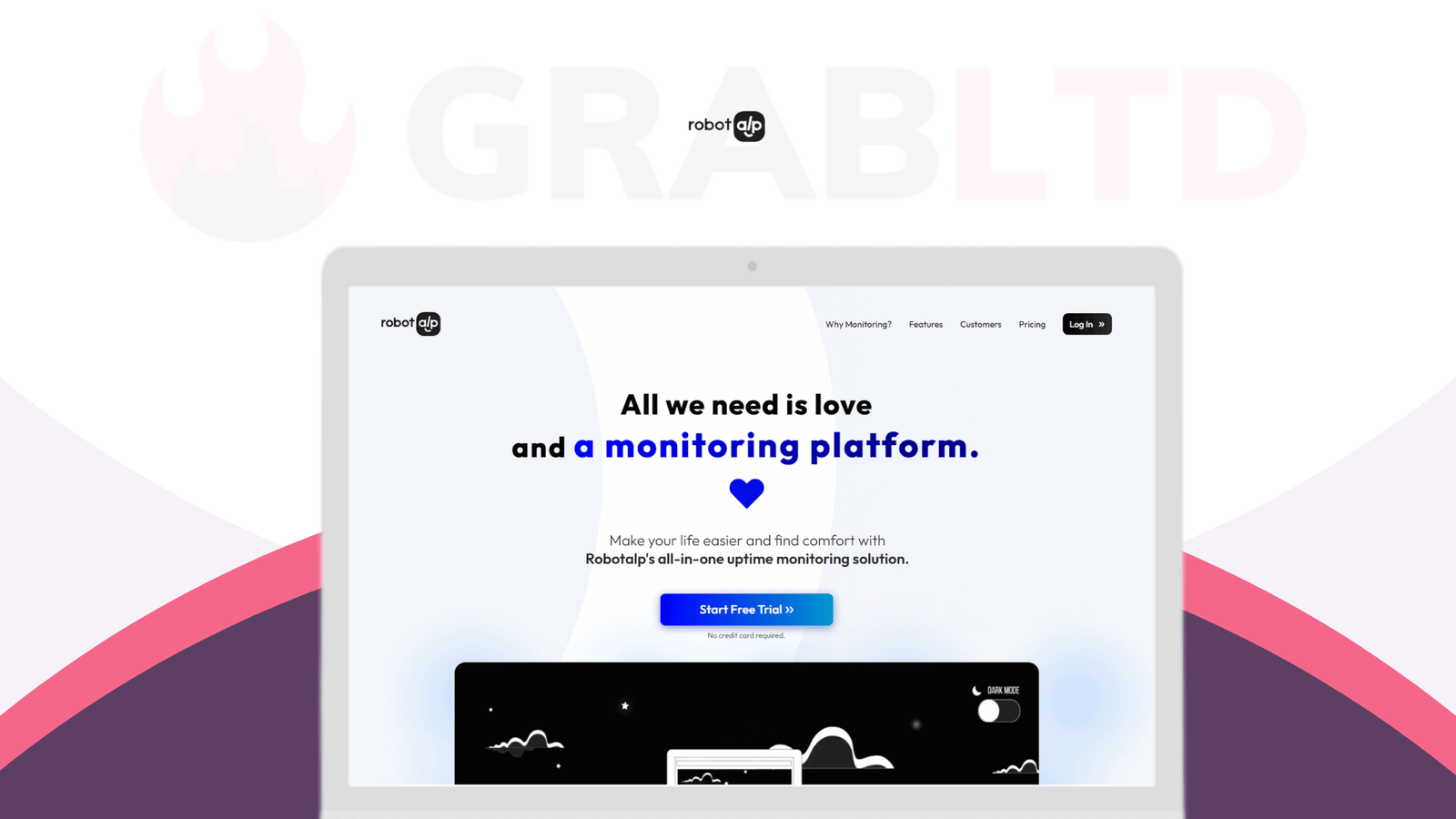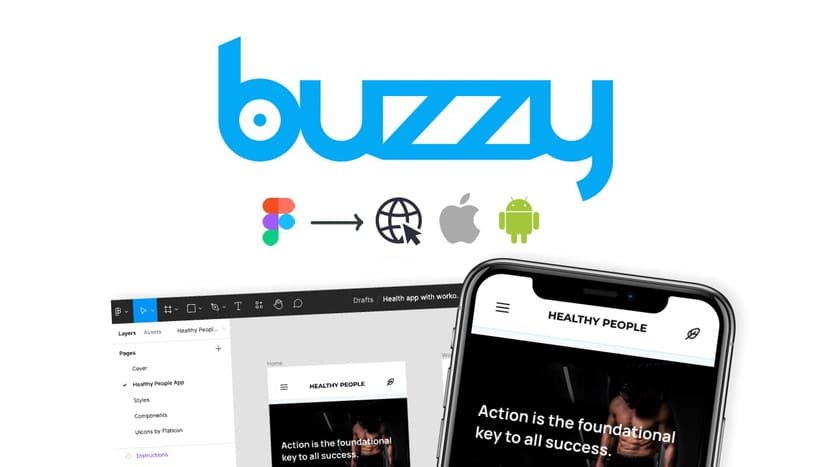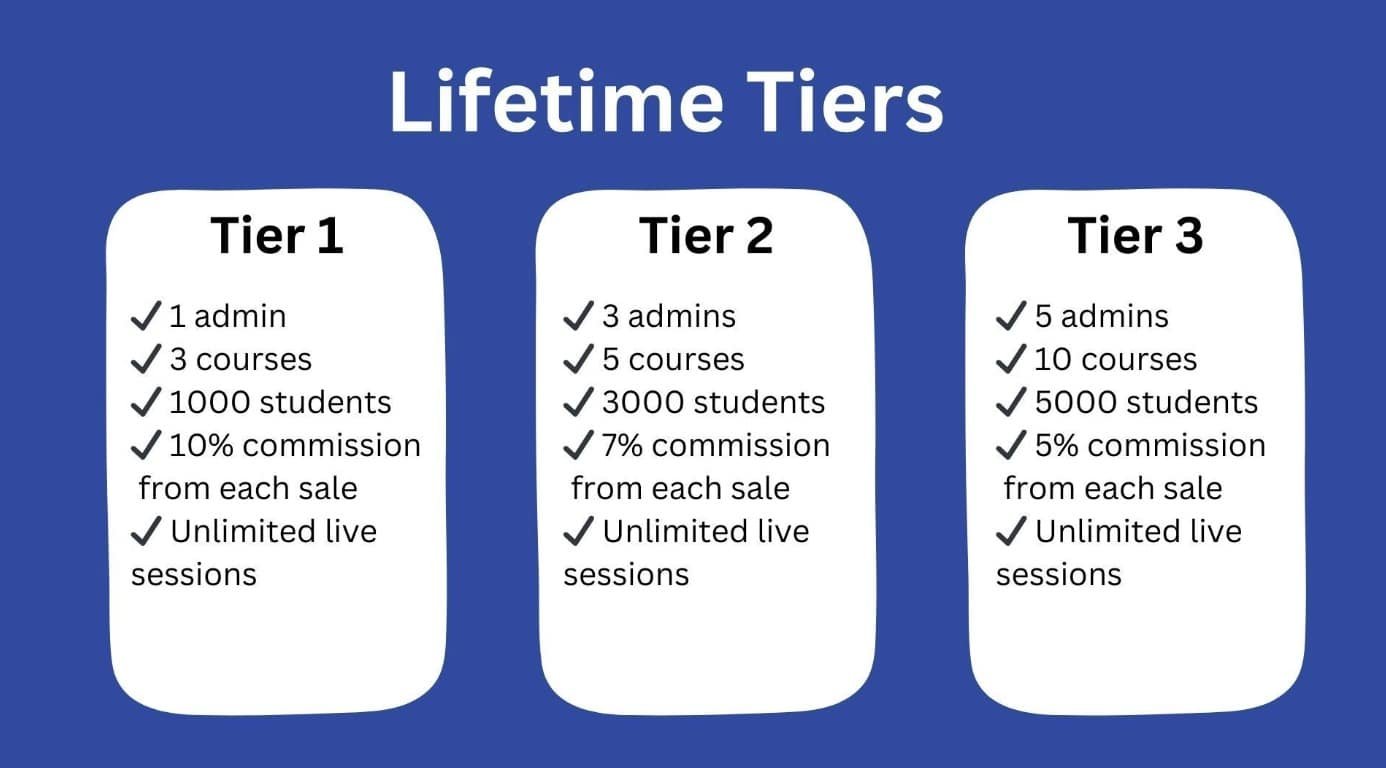In today’s digital landscape, businesses need robust tools to manage marketing, sales, and customer service. HubSpot is a leading player in this field, offering an all-in-one platform to streamline operations and enhance customer experiences.
But HubSpot isn’t the only option available. Exploring HubSpot competitors can help you find the best fit for your business needs. Each alternative offers unique features and benefits, catering to business growth and management aspects. Understanding these competitors can provide valuable insights if you’re looking for specific functionalities or a more budget-friendly option.
In this blog post, we’ll delve into the top HubSpot competitors, examining their features, benefits, and how they stack up against HubSpot. This will equip you with the knowledge to make an informed decision for your business.
Introduction To Marketing Automation
Marketing automation is transforming how businesses engage with their audience. It uses software to automate repetitive tasks, making marketing efforts more efficient. This helps teams focus on strategic tasks, improve customer engagement, and drive growth.
Understanding Marketing Automation
Marketing automation involves using software to automate marketing activities. These activities include:
- Email marketing
- Social media posting
- Ad campaigns
Automation tools streamline these tasks, ensuring they are performed consistently and efficiently. They also provide valuable insights into customer behaviour and campaign performance.
Importance Of Choosing The Right Tool
Choosing the right marketing automation tool is crucial. It affects your team’s efficiency and your business‘s growth. Here are some factors to consider:
| Factor | Details |
|---|---|
| Features | Please ensure the tool offers features like email marketing, social media management, and analytics. |
| Integration | Check if the tool integrates with your existing systems, like CRM and other software. |
| Scalability | Choose a tool that can grow with your business, offering scalable solutions. |
| Cost | Consider the pricing structure and whether it fits your budget, including free tools or premium options. |
HubSpot is a popular choice, offering a unified platform for marketing, sales, and service teams. It includes:
- Marketing Hub®: Social media agent, marketing automation, analytics
- Sales Hub®: Sales workspace, deal management, prospecting agent
- Service Hub®: Omni-channel help desk, customer agent, success workspace
- Content Hub™: Scalable CMS, brand voice, content agent
- Operations Hub®: Data sync, programmable automation, AI-powered data quality
- Commerce Hub™: Invoices & subscriptions, quotes, payment links
HubSpot’s platform is designed to connect teams and customers on one AI-powered system, enhancing the customer journey and driving growth.

Credit: knowledge.hubspot.com
Overview Of Hubspot And Its Features
HubSpot is an AI-powered customer platform that connects marketing, sales, and customer service teams. It provides all the necessary software, integrations, and resources in one place. Designed to help businesses grow, HubSpot offers a variety of tools and features tailored to enhance efficiency and automation.
What Makes Hubspot Popular?
HubSpot’s popularity stems from its unified platform which brings together marketing, sales, and service teams. It offers a comprehensive view of customer data, making it easier to manage customer relationships. The platform’s AI-powered tools improve efficiency and automate tasks, aiding business growth.
Key Features Of Hubspot
HubSpot offers a range of features designed to streamline business operations:
| Hub | Features |
|---|---|
| Marketing Hub® |
|
| Sales Hub® |
|
| Service Hub® |
|
| Content Hub™ |
|
| Operations Hub® |
|
| Commerce Hub™ |
|
HubSpot also offers:
- Free Tools: Access to a full suite of free tools.
- Premium Software: Various paid options available through a demo.
- Small Business Bundle: Discounted Starter edition for small businesses.
The platform is designed to be scalable, making it suitable for growing businesses. It includes comprehensive tools for lead generation, sales acceleration, and content creation.
Criteria For Evaluating Marketing Automation Tools
Selecting the right marketing automation tool can significantly impact your business’s growth. Below are some critical criteria to consider when evaluating different options.
Ease Of Use
A tool’s ease of use is crucial for ensuring a smooth workflow. User-friendly interfaces and intuitive navigation minimize the learning curve. This allows teams to quickly adopt and integrate the tool into their daily operations.
- Simplified dashboard for easy access to features.
- Drag-and-drop functionality for building campaigns.
- Comprehensive tutorials and support documentation.
Integration Capabilities
Integration capabilities determine how well the tool can connect with existing systems. A robust marketing automation tool should offer seamless integration with CRM, social media platforms, and analytics software.
| System | Integration Type | Benefits |
|---|---|---|
| CRM | Two-way sync | Unified customer view |
| Social Media | API integration | Automated posting |
| Analytics | Embedded reports | Data-driven insights |
Pricing And Scalability
Pricing and scalability are important for both small and large businesses. A flexible pricing model that scales with your business growth is ideal.
Consider options that offer free trials or freemium versions. These can give a taste of the tool’s capabilities before committing to a paid plan.
- Free Tools: Access to a full suite of free tools.
- Premium Software: Various paid options available through demo.
- Small Business Bundle: Discounted Starter edition for small businesses.
A scalable solution ensures that the software grows with your business needs. Look for tools with tiered pricing based on features and usage.
Evaluating these criteria will help you choose a marketing automation tool that aligns with your business objectives and operational needs.
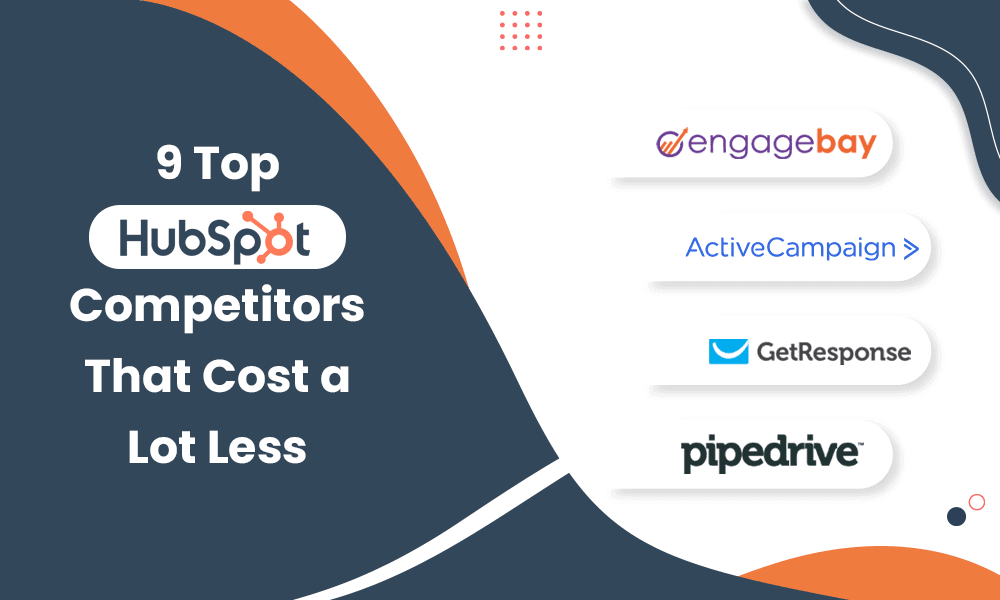
Credit: www.engagebay.com
Top Hubspot Alternatives For Marketing Automation
If HubSpot doesn’t meet your needs, many alternatives are available. Here, we explore top competitors to help you find the best fit for your marketing automation needs.
Comparison Overview
| Feature | HubSpot | Alternative 1 | Alternative 2 | Alternative 3 |
|---|---|---|---|---|
| Marketing Automation | Yes | Yes | Yes | Yes |
| Sales Management | Yes | Yes | No | Yes |
| Customer Service | Yes | No | Yes | Yes |
| AI-Powered Tools | Yes | No | Yes | No |
| Free Tools | Yes | No | Yes | Yes |
Key Differentiators
Alternative 1
Alternative 1 offers a comprehensive marketing suite with robust analytics. Unlike HubSpot, it lacks AI-powered tools but compensates with in-depth reporting features.
- In-depth analytics
- Strong email marketing capabilities
- Customizable workflows
Alternative 2
Alternative 2 focuses heavily on customer service and support automation. This alternative excels in customer interactions but lacks advanced sales management features found in HubSpot.
- Advanced customer service tools
- Service automation
- Integrated help desk functionalities
Alternative 3
Alternative 3 provides a balanced solution with both marketing and sales tools. It includes free tools and basic AI functions, similar to HubSpot, but at a different price point.
- Balanced marketing and sales tools
- Basic AI functionalities
- Free tool access
Activecampaign: A Comprehensive Solution
For businesses seeking an alternative to HubSpot, ActiveCampaign offers a robust and comprehensive solution. This platform integrates various tools to streamline marketing, sales, and customer service efforts. It provides a user-friendly interface, making it easy for teams to manage campaigns and communicate effectively with customers. Let’s delve into its unique features and the pros and cons of using ActiveCampaign.
Unique Features Of Activecampaign
ActiveCampaign stands out with its array of unique features designed to enhance customer engagement and streamline operations. Here are some of its key features:
- Advanced Email Marketing: Create personalized email campaigns with ease.
- Marketing Automation: Automate workflows to save time and improve efficiency.
- CRM Integration: Seamlessly integrate with CRM for better customer management.
- Sales Automation: Automate sales processes to boost productivity.
- Messaging: Engage with customers through SMS and chat.
- Customer Experience Automation: Tailor customer experiences for improved satisfaction.
- Machine Learning: Use predictive content and other AI tools to enhance campaigns.
Pros And Cons Of Activecampaign
Like any platform, ActiveCampaign has its strengths and weaknesses. Below is a table summarizing the pros and cons of using ActiveCampaign:
| Pros | Cons |
|---|---|
| Comprehensive automation features | Can be complex for beginners |
| Advanced email marketing tools | Higher pricing for advanced plans |
| Seamless CRM integration | Limited free plan options |
| Effective sales automation | Learning curve for some features |
| Robust customer support | Occasional software glitches |
ActiveCampaign is a powerful tool for businesses aiming to enhance their marketing and sales efforts. Its features and integrations make it a strong competitor to HubSpot, offering many benefits for growing companies.

Credit: medium.com
Marketo: Enterprise-level Automation
When it comes to enterprise-level marketing automation, Marketo stands out as a prominent competitor to HubSpot. Marketo offers advanced tools designed to handle complex marketing operations. This platform is especially popular among large enterprises looking to streamline their marketing efforts and drive engagement at scale.
Unique Features Of Marketo
Marketo provides several unique features that set it apart from other marketing automation platforms:
- Advanced Lead Scoring: Marketo uses detailed algorithms to score leads based on their behavior and engagement.
- Personalized Email Campaigns: Create highly personalized email campaigns tailored to individual customer journeys.
- Account-Based Marketing (ABM): Focus marketing efforts on high-value accounts to drive business growth.
- Comprehensive Analytics: Gain in-depth insights with robust analytics tools that track campaign performance.
- Integration Capabilities: Seamlessly integrates with CRM systems like Salesforce and other third-party applications.
Pros And Cons Of Marketo
| Pros | Cons |
|---|---|
|
|
Pardot: Salesforce’s Marketing Automation Tool
Pardot, a part of Salesforce, is a powerful marketing automation tool designed to help businesses streamline their marketing efforts. It offers features to boost lead generation, nurture campaigns, and drive conversions. Here’s a closer look at what Pardot brings to the table.
Unique Features Of Pardot
- Lead Scoring and Grading: Helps prioritize leads based on their engagement and fit.
- Engagement Studio: Visual automation builder for creating complex nurture campaigns.
- CRM Integration: Seamless integration with Salesforce CRM for better data synchronization.
- Advanced Reporting: Detailed insights into marketing performance and ROI.
- AI-Powered Features: Leverages Salesforce’s Einstein AI for predictive analytics.
Pros And Cons Of Pardot
| Pros | Cons |
|---|---|
| Deep integration with Salesforce CRM. | Steep learning curve for beginners. |
| Powerful lead nurturing capabilities. | Higher cost compared to some competitors. |
| Comprehensive reporting and analytics. | Limited third-party integrations. |
| AI-powered features for better insights. | Complex setup process. |
Mailchimp: User-friendly And Affordable
When searching for a HubSpot alternative, Mailchimp often comes to mind. It is known for its user-friendly interface and affordability. This platform is popular among small businesses and startups looking for an effective email marketing tool without breaking the bank.
Unique Features Of Mailchimp
Mailchimp offers several unique features that make it a strong competitor in the email marketing space.
- Drag-and-Drop Email Builder: Create professional emails without coding skills.
- Pre-built Templates: Access numerous templates to suit various business needs.
- A/B Testing: Test different email versions to see which performs better.
- Marketing CRM: Manage customer relationships and track interactions.
- Audience Segmentation: Target specific groups for more effective campaigns.
- Automated Campaigns: Set up automated email series based on user actions.
Pros And Cons Of Mailchimp
Understanding the pros and cons of Mailchimp can help decide if it fits your business needs.
| Pros | Cons |
|---|---|
| Easy to use | Limited advanced features |
| Affordable pricing | Higher costs for larger lists |
| Comprehensive templates | Support can be slow |
| Strong automation capabilities | Customization options limited |
| Excellent reporting tools | Learning curve for some features |
Mailchimp stands out with its simplicity and cost-effective solutions. It may not have all the advanced tools of HubSpot, but it is a solid choice for smaller businesses and those new to email marketing.
Which Marketing Automation Tool Is Right For You?
Choosing the right marketing automation tool can be challenging with many options available. Each tool offers unique features and caters to different business needs. Below, we explore some of the top HubSpot competitors and provide recommendations for different business sizes.
Recommendations For Different Business Sizes
Small Businesses
Small businesses often have limited budgets and resources. Here are some suitable options:
- Mailchimp – Known for its user-friendly interface and affordable pricing.
- ActiveCampaign – Offers robust automation features and CRM integration.
Medium-Sized Businesses
Medium-sized businesses require more advanced features and scalability:
- Marketo – Provides extensive marketing automation and analytics tools.
- Pardot – A Salesforce product with strong CRM integration and lead nurturing capabilities.
Large Enterprises
Large enterprises need comprehensive solutions to handle complex marketing needs:
- Oracle Eloqua – Offers advanced automation and detailed analytics.
- Adobe Marketo Engage – Known for its powerful marketing capabilities and integration with Adobe products.
Final Thoughts On Choosing An Alternative
When selecting a marketing automation tool, consider your specific business needs, budget, and growth plans. Here is a summary of key features to look for:
| Feature | Description |
|---|---|
| Automation | Streamline marketing tasks and workflows. |
| CRM Integration | Ensure seamless data flow between marketing and sales. |
| Analytics | Measure and optimize marketing performance. |
| Scalability | Support business growth with flexible solutions. |
By evaluating these factors, you can find the right tool to enhance your marketing efforts and drive business success.
Frequently Asked Questions
What Are The Top Hubspot Competitors?
Some top Hubspot competitors are Salesforce, Marketo, Zoho CRM, ActiveCampaign, and Pipedrive.
How Does Salesforce Compare To Hubspot?
Salesforce offers advanced customization and scalability. Hubspot is easier for beginners and integrates marketing tools.
Is Zoho Crm Cheaper Than Hubspot?
Yes, Zoho CRM is generally cheaper. It offers affordable plans for small to medium businesses.
Which Hubspot Alternative Is Best For Small Businesses?
ActiveCampaign is great for small businesses. It combines CRM and email marketing at an affordable price.
Does Pipedrive Offer Better Sales Tools Than Hubspot?
Pipedrive focuses on sales pipeline management. Its tools are straightforward and user-friendly for sales teams.
Conclusion
Exploring HubSpot‘s competitors helps you make informed decisions. Each alternative offers unique features and benefits. Assess your business needs and budget before choosing. HubSpot provides a comprehensive platform for marketing, sales, and customer service. Would you be interested in learning more about HubSpot? Visit the official website at HubSpot. Make the best choice for your business growth.

